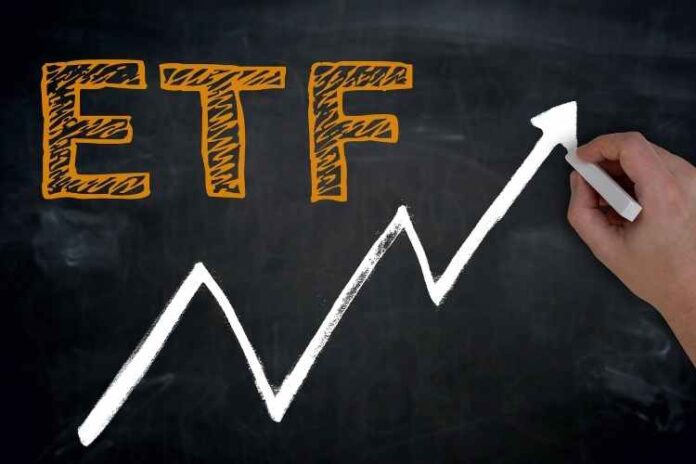An Exchange Traded Fund (ETF) is a financial product that tracks an index, provides low-cost diversification to the investor and has lower transaction costs than buying individual stocks. ETFs have been around in Singapore for more than a decade now, with a total of about S$92 billion in assets under management.
If you are considering trading ETFs or already do it, here are some things you should know:
What is an ETF?
Exchange-Traded Funds (ETFs) are investment funds where investors can hold units in a fund that represents an underlying market index.
The differences between ETFs and Index Funds include:
Trading
Shares of ETFs trade on stock exchanges. This is often seen as one of the main attractions because it provides more significant opportunities for active traders to make profits by timing their entry and exit from the market.
Cost
ETFs are generally cheaper because there are no middlemen such as investment managers, distributors, stockbrokers or stock exchanges. Lower fees can be passed onto the investors because all transaction costs and administration expenses go to the fund manager.
Tracking errors
ETFs do not always replicate the index perfectly due to dealing spreads, commissions paid to trade and occasional rebalancing activity. It requires an investor to buy or sell units of underlying securities to mimic what would have happened if he had held a position in those stocks directly. Ina perfect replication ETF, the difference between its returns and those of the index is caused by a combination of fees, transaction costs and expenses.
Structure
Most ETFs are open-ended funds, meaning that new units can be created when demand rises, while closed-ended funds can only issue a set number of shares. If demand increases for an ETF after it has been invested in, it will result in buying pressure pushing up the price until supply matches demand.
What is the best ETF in Singapore?
ETFs also offer passive institutional-grade exposure to various asset classes and geographic regions, making them suitable for inclusion in investment portfolios and financial planning. Nowadays, there are already more than 110 ETFs listed on SGX, ranging from equity indexes like Straits Times Index (SGX:^STI) and MSCI Singapore Free (SGX: A3D7U) to commodities like WTI Crude Oil (SGX:1A2C), global bond markets such as Barclays Global Aggregate Bond Index (SGX: CBAUX) and Asian equity-like FTSE China A50 (SGX: A50) and Nikko AM STI ETF (SGX: G3B)
The Straits Times Index is the most popular one as it covers Singapore’s most significant trading companies. Investors can also gain exposure to global equity markets via offshore ETFs such as those listed on NYSE Euronext Paris SGX, which have the added benefit of being considered a foreign investment portfolio by CPF SA. For more information, please refer to the CPF website.
How do I start investing in an ETF?
There are three principal ways to start your journey into becoming an ETF trader in Singapore: Fundsupermart, Fundsupermart Plus, or investing through a broker. To choose the best place to invest, you need to consider what kind of investor you are and how much time and effort you want to put into your investment.
These are the three main reasons why every new trader should look at ETF investing:
There are so many ETFs to choose from
The sheer number of different products available can make it difficult for novice investors to understand how they work and determine which one would suit them best. It’s why it’s essential to research before jumping into the market, mainly because not all products are created equal, despite being classified as exchange-traded funds or “ETFs”.
Diversification
Most investors have heard the term ‘don’t put all your eggs in one basket. ETFs are a great way to diversify your portfolio since they’re typically based on indices that cover the whole market.
ETFs are perfect for investors with little risk appetite.
ETFs allow you to invest in baskets of securities similar to mutual funds and unit trusts without having to plough through the details of individual stocks and bonds like you would when selecting stocks and bonds for your portfolio (which can be very time-consuming and intimidating).
For more information on ETF trading, read this article.


























